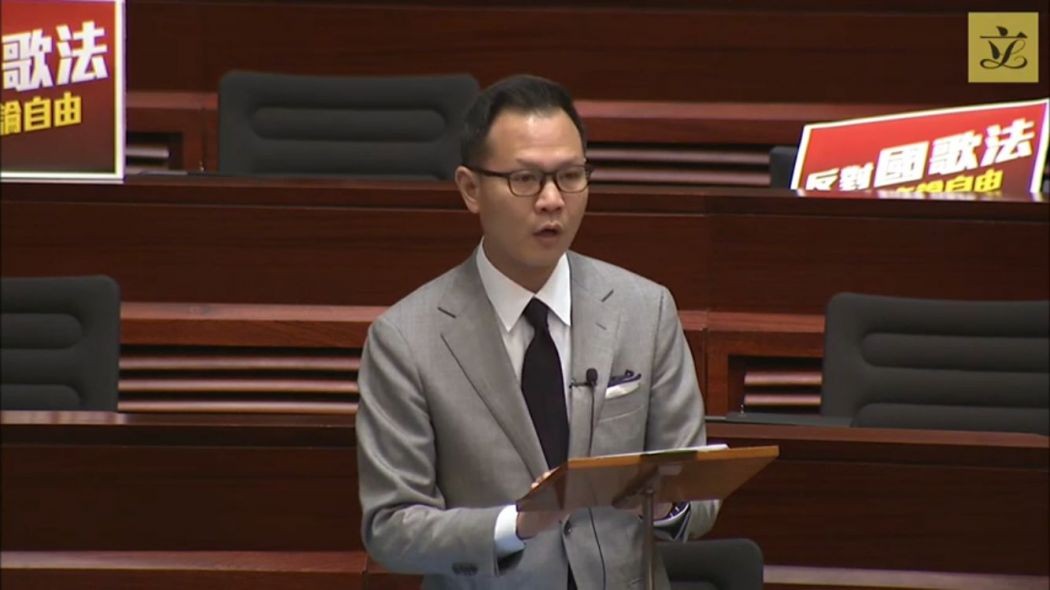The government has said that it has not set a specific date to begin the process of updating the Prevention of Bribery Ordinance to cover the city’s chief executive.
An independent review committee headed by a top judge in May 2012 suggested that section 3 and 8 of the ordinance should be expanded to regulate Hong Kong’s leader. But, seven years on, it has yet to be updated by the government.
Section 3 and 8 refer to politically appointed officials and civil servants soliciting or accepting advantages.

Chief Executive Carrie Lam had promised to expand the scope of the Ordinance when she ran for the top job in 2017.
Answering a question raised by legal sector lawmaker Dennis Kwok on Wednesday, Chief Secretary Matthew Cheung said the government was studying the relevant issues carefully: “Since the study is still in progress, the Government does not have a specific date for submitting the report or introducing the amendment bill on [the Ordinance] to LegCo at this stage,” he said.
‘Unique status’
Cheung said the chief executive has a dual role as the head of Hong Kong Special Administrative Region and the head of the Hong Kong government.
“As indicated by the [independent review committee] in its report, any regime that gives permission to [the] CE for soliciting or accepting advantages shall take into account the unique constitutional status of the office of CE under the Basic Law.
The independent review committee recommended that a specialised independent committee, with members jointly appointed by the chief justice and the president of the legislature, should be set up to give general or special permission to the chief executive for soliciting and accepting advantages.
“This, however, may not be consistent with CE’s unique constitutional status,” Cheung said.
Cheung said that the existing ordinance already contains certain provisions which effectively regulate the alleged corrupt acts of the chief executive. The chief executive is also subject to the regulation of bribery offences under common law, and the offence of “misconduct in public office” under common law.

Democrat Dennis Kwok, of the Civic Party, asked Cheung if the amendments were delayed for years because of the “unique” status.
Cheung said the issue was complex: “We are not saying we do not care about the issue. You do know that the chief executive cares about it very much. We are studying it deeply, and it is very complicated.”
Democratic Party lawmaker Lam Cheuk-ting asked Cheung if he meant that the chief executive had a “transcendent” status and is above the law.
Cheung said he did not say the chief executive had such status, but only that they had a unique status.

Lawmaker Paul Tse said the study process had been ongoing for seven years and enquired about the delay: “Seven years would be enough to study a complete political reform plan. So is it about issues in Hong Kong, or issues on the national level?” he asked.
Democrats have previously accused former chief executive Leung Chun-ying of corruption. Leung is now a state leader, as a vice-chair of the Chinese People’s Political Consultative Conference.
In response to Tse, Cheung repeated his answer by saying that the process was complex and the government was working on it.
